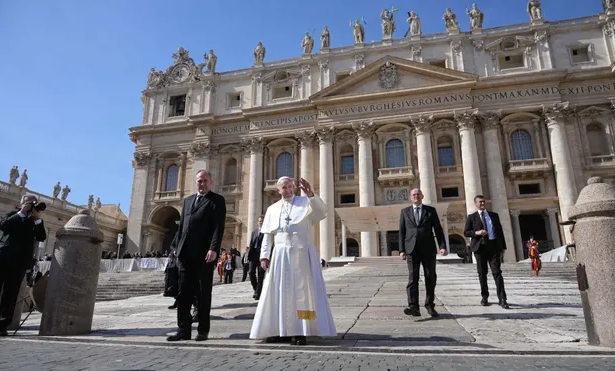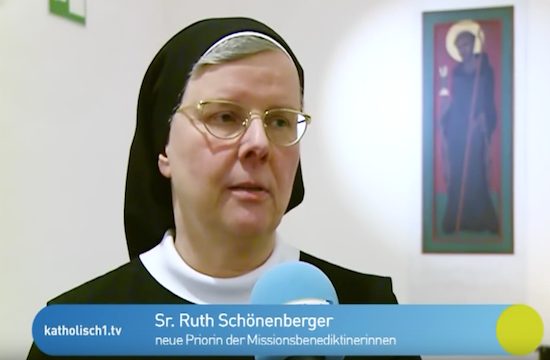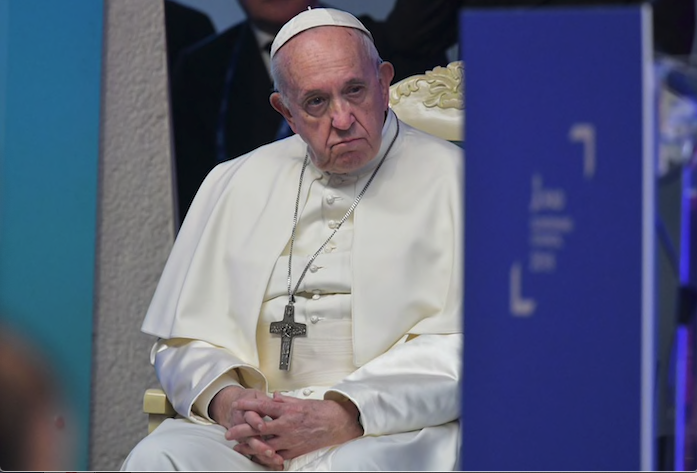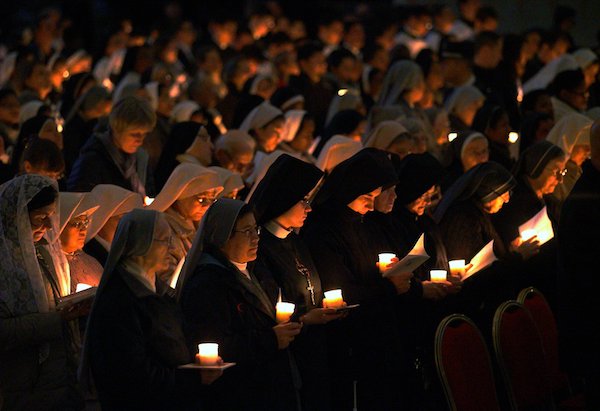Editorial board says Vatican tried to discredit them after they denounced abuse of nuns

The founder and all-female editorial team of the Vatican’s women’s magazine have resigned over what they say was a campaign to discredit them following the publication of an article that lifted the lid on the widespread abuse of nuns.
Lucetta Scaraffia, the founder of the monthly glossy Women Church World, said she had written a letter to Pope Francis in which she explained that the team was “throwing in the towel” because they felt “surrounded by a climate of distrust and progressive de-legitimisation”. The resignation letter will also be published in the April edition of the magazine.
The editorial team of 11 had worked together on the magazine, which has been published alongside the Vatican’s newspaper, L’Osservatore Romano, since its launch in 2012. “We are very sad,” Scaraffia said.
The decision to resign was taken after an announcement earlier this year that Andrea Monda, the male editor of L’Osservatore, would be taking over at the magazine too.
Scaraffia said Monda reconsidered after the editorial board threatened to resign and the Catholic weeklies that distribute translations of Women Church World in France, Spain and Latin America, told her they would stop distributing.
“After the attempts to put us under control, came the indirect attempts to delegitimise us,” Scaraffia told Associated Press, citing other women brought in to write for L’Osservatore “with an editorial line opposed to ours”. The effect, she said, was to “obscure our words, delegitimising us as a part of the Holy See’s communications”.
An article written by Scaraffia in February had highlighted cases of nuns being raped or abused by priests and bishops, or being forced to have an abortion or leave the church if they fell pregnant as a result.
Pope Francis acknowledged the issue for the first time a few days after the article was published.
He said more needed to be done to confront the issue, while pointing to the action taken by Pope Benedict XVI against a French order after nuns there had been reduced to “sexual slavery” by priests. The pontiff’s comments came two weeks before a landmark Vatican summit addressing paedophilia within the church.
In Women Church World’s final editorial, the editorial board said the “conditions no longer exist” to continue working with L’Osservatore, citing its initiatives with other female contributors.
“They are returning to the practice of selecting women who ensure obedience,” the editorial read. “They are returning to clerical self-reference and are giving up that ‘parresia’ [freedom to speak freely] that Pope Francis so often seeks.”
The abuse of nuns has been widely known for years, but much like clerical abuse against children, the Holy See – the Catholic Church’s governing body – has been silent and failed to take concrete action against accused priests.
Monda took note of the resignations on Tuesday, thanked the women for their work, and added: “In the few months since I was appointed director, I guaranteed to professor Scaraffia, and to the women’s editorial team, the same total autonomy and the same total freedom that have characterised the monthly supplement since the day it was born, refraining from interfering in any way other than to offer my dutiful contribution (regarding topic suggestions and people to be involved).”
Complete Article ↪HERE↩!




